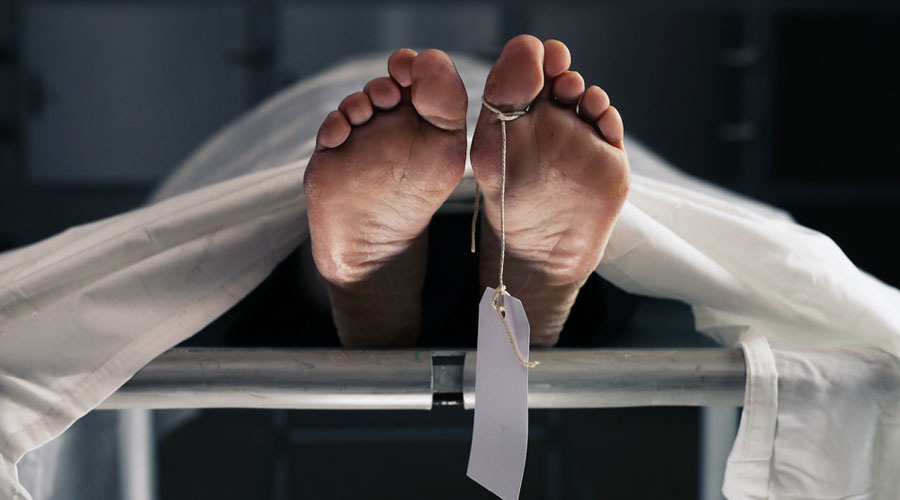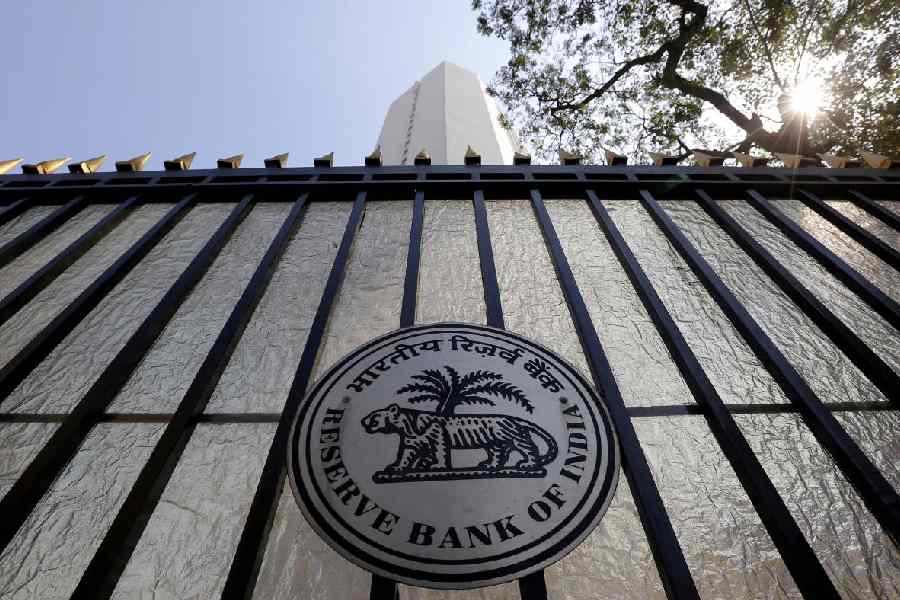The health ministry has notified a new protocol that allows hospitals with required infrastructure to conduct post-mortems after sunsets that it said would benefit those mourning the deceased and those waiting for organ transplants.
The new protocol could shorten the waiting periods for friends and relatives of the deceased and increase the number of organs that could be harvested for transplants within stipulated time windows after the procedure.
The health ministry said a technical committee of the directorate general of health services had examined multiple representations it had received on the issue.
“In view of rapid advancement and improvement in technology, especially availability of required lighting and infrastructure for post-mortem, performing night-time post-mortem is now feasible,” the health ministry said.
The protocol stipulates that post-mortem for organ donation should be taken up on priority and be conducted even after sunset in hospitals that have such infrastructure.
The ministry said the committee has ascertained that some institutions that have infrastructure are already conducting night-time post-mortems.
The hospital-in-charge would be responsible for ensuring the fitness and adequacy of infrastructure and the facility should be equipped with video-recording of the procedure and preserved for any required future legal purposes.
But exceptions to night-time post-mortems persist. Cases under categories such as homicide, suicide, rape, decomposed bodies, or suspected foul play should not be subject to night-time post-mortem unless there is a law-and-order situation, the ministry said.
“The new protocol would primarily help in the quick handover of the body to the next of kin,” said B. Suresh Shetty, professor of forensic medicine at the Kasturba Medical College, Mangalore. “If organs need to be harvested, that is always done in an operation theatre before the post-mortem exam.”
Shetty said keeping homicide, suicide, rape among other categories out of the night-time protocols is appropriate because in such cases doctors involved in the autopsies might be subject to questions in courts.
“Night-time autopsies would certainly benefit some categories, but they are not appropriate in all cases,” he said. “Lawyers might raise questions about the way the procedures were conducted under poor light during the night.”










